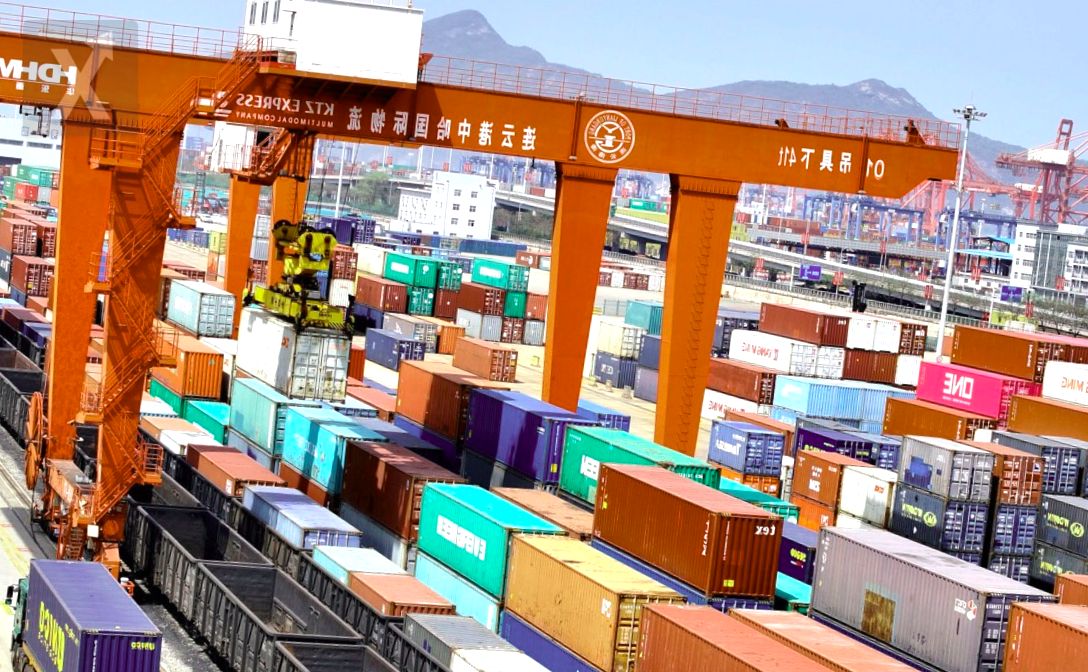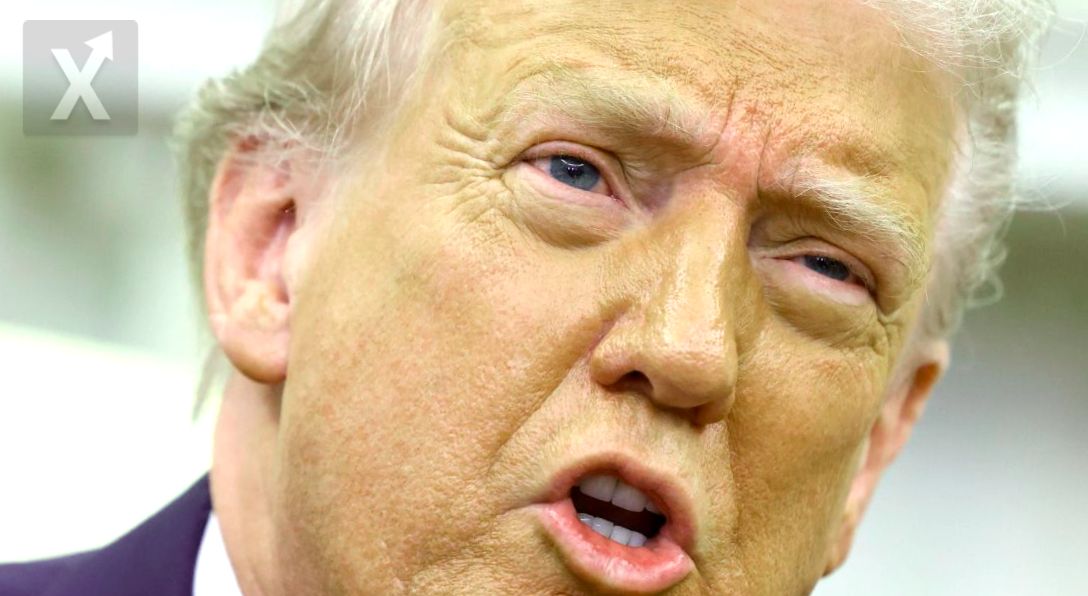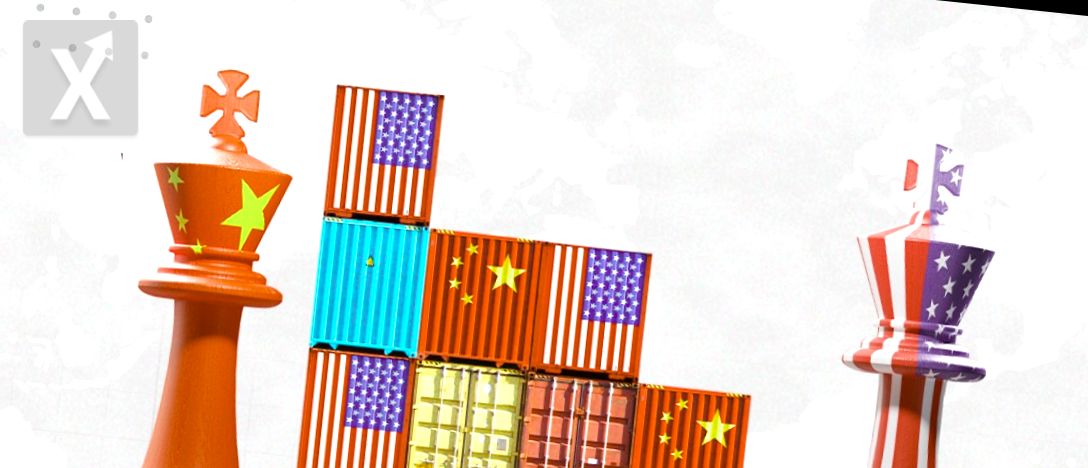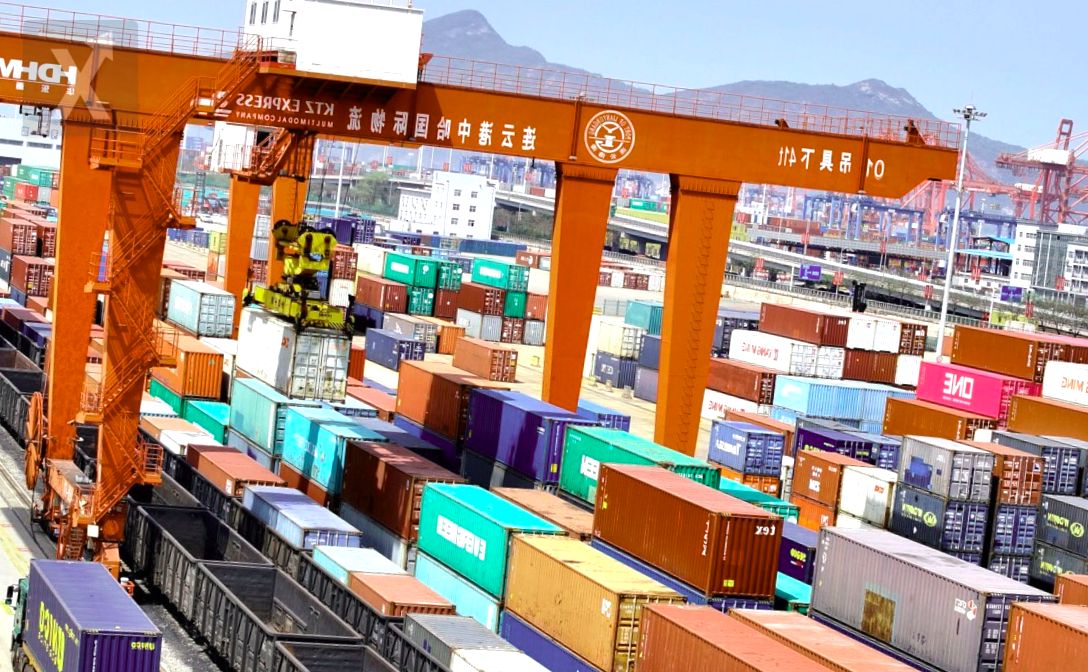China Raises Tariffs on U.S. Products to 125%

China announced on Friday that it will raise tariffs on U.S. products to 125%, further intensifying the trade dispute between the world's two largest economies. According to the Tariff Commission of the State Council in Beijing, "the imposition of excessive tariffs by the United States on China severely violates international trade rules, fundamental economic laws, and common sense," adding that the new tax will take effect on Saturday.
In a defiant tone, they asserted that at this tariff level, U.S. products exported to China will have no chance of being accepted in the Chinese market. If Washington continues to raise its tariffs, "China will ignore it," they emphasized. Furthermore, they announced their intention to file a complaint with the WTO in response to the latest round of tariffs from Trump. The uncertainty created by Donald Trump's policies continues to put downward pressure on the dollar, which hit a three-year low against the euro this Friday. Major European stock markets dropped midday, and Japan's Nikkei index closed the week down by 2.95%. Trump, meanwhile, announced on Wednesday a 90-day pause on the tariffs he had just imposed on 60 trading partners, excluding China. Still, Washington maintains minimum tariffs of 10% and an added 25% on products like steel, aluminum, and automobiles. In the case of China, tariffs on its imports total 145%.
Chinese President Xi Jinping urged the European Union to "unite in resistance" against the "bullying." During a meeting in Beijing with Spanish Prime Minister Pedro Sánchez, the Chinese leader emphasized the importance of cooperation between both powers amid the trade war initiated by Trump. "China and the EU must take on their international responsibilities, jointly protect economic globalization, and resist any unilateral bullying," Xi stated. At the subsequent press conference, Sánchez, who advocates for closer ties between Brussels and Beijing, argued that the trade frictions between the two powers should not hinder the strengthening of their relationship. "Both Spain and Europe face a significant trade deficit with China that we need to address," said the social democrat, insisting that "we must not allow trade tensions to affect the development potential of our relations with China." EU Trade Commissioner Maros Sefcovic is set to meet with senior U.S. officials in Washington on Monday to "avert an escalation" of trade tensions, as indicated by the European Commission. The EU decided to suspend planned retaliatory measures "to give negotiations a chance" after Trump announced the pause on so-called "reciprocal tariffs." The U.S. president boasted that European leaders had been "very clever," as they were ready to impose retaliatory measures but chose to wait. However, Ursula von der Leyen, president of the European Commission, warned that they have a range of countermeasures available, such as taxing advertising revenues from U.S. digital platforms in the bloc. The European Central Bank also noted that it is "prepared to intervene" if there is a risk to financial stability in the eurozone, according to its president, Christine Lagarde.
Finally, Trump has threatened Mexico again with "tariffs and maybe even sanctions" until it complies with a 1944 treaty that "must provide Texas with the water it’s entitled to." This treaty stipulates that both countries share the waters of the Rio Grande (Bravo for Mexicans) and the Colorado River, but does not consider future issues such as drought or population growth, leading to tensions. The water dispute adds to other conflicts between Mexico and the United States. Trump imposed a 25% tariff on Mexican products, arguing that Mexico is not adequately combating the trafficking of fentanyl, a synthetic opioid wreaking havoc in his country. After diplomatic negotiations, he exempted products within the North American Free Trade Agreement (NAFTA).
The escalation of tariffs and trade tensions not only impacts the countries involved but also affects consumer confidence and global economic dynamism. It is crucial for governments to seek diplomatic solutions and strategies that strengthen trade equitably, thus avoiding negative economic repercussions that could eventually affect us all, including Mexico, which could face significant changes in its economy depending on how these trade relations develop.





